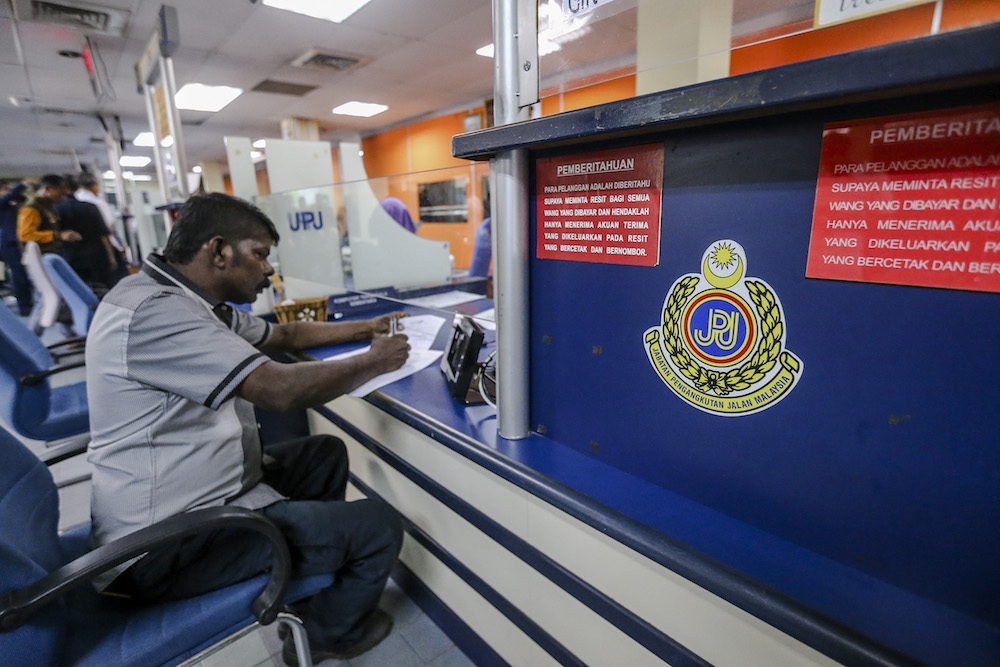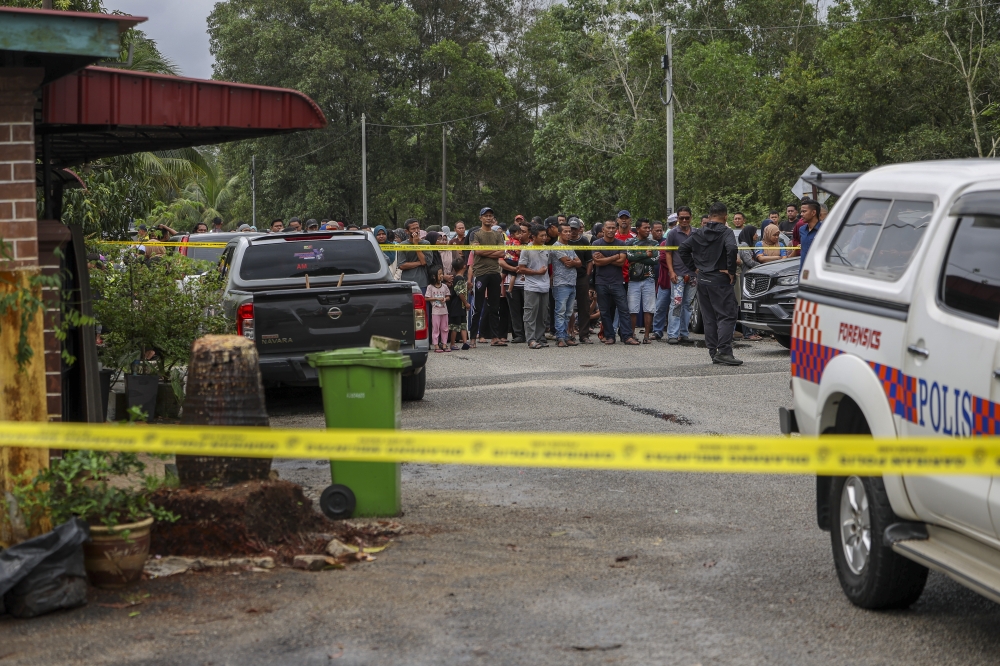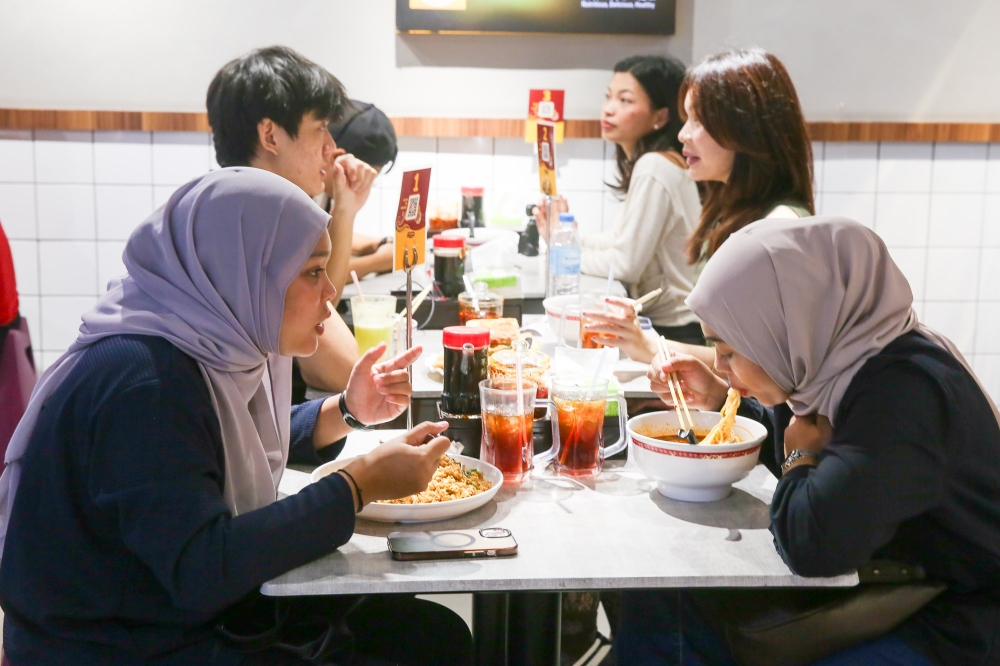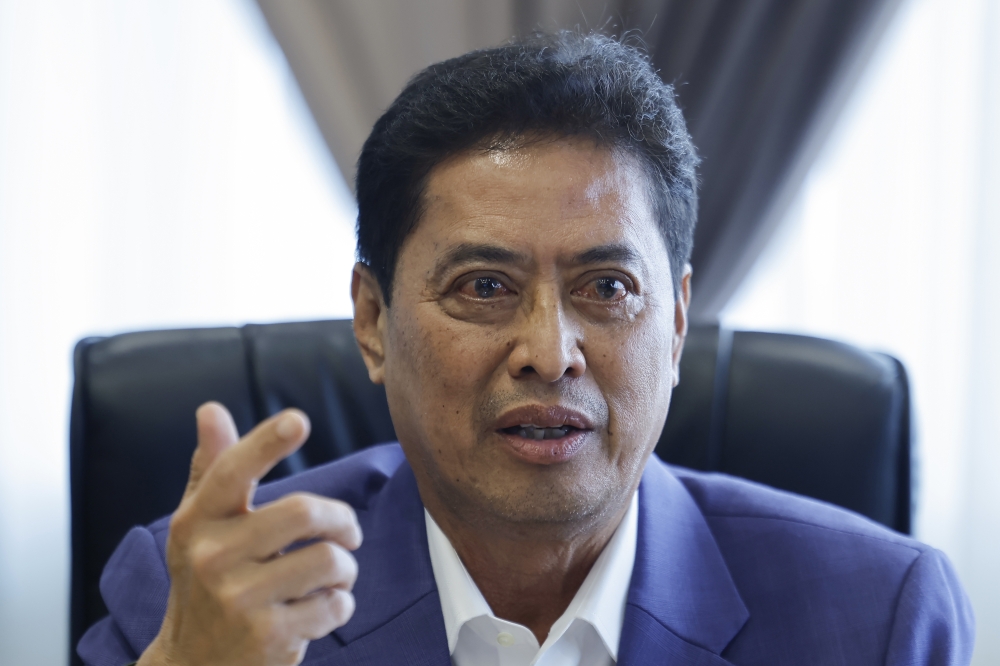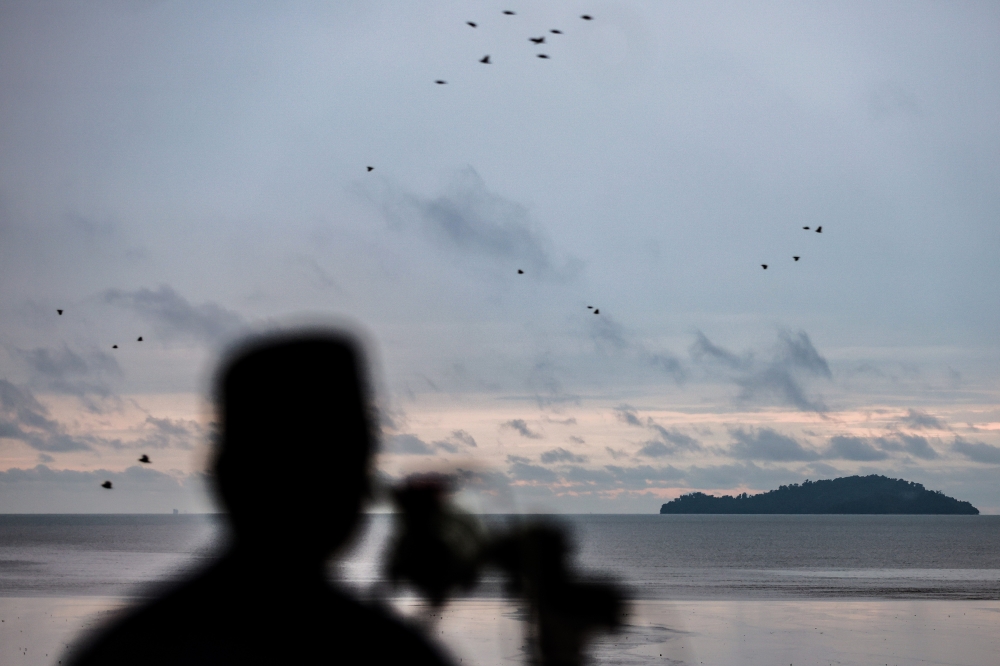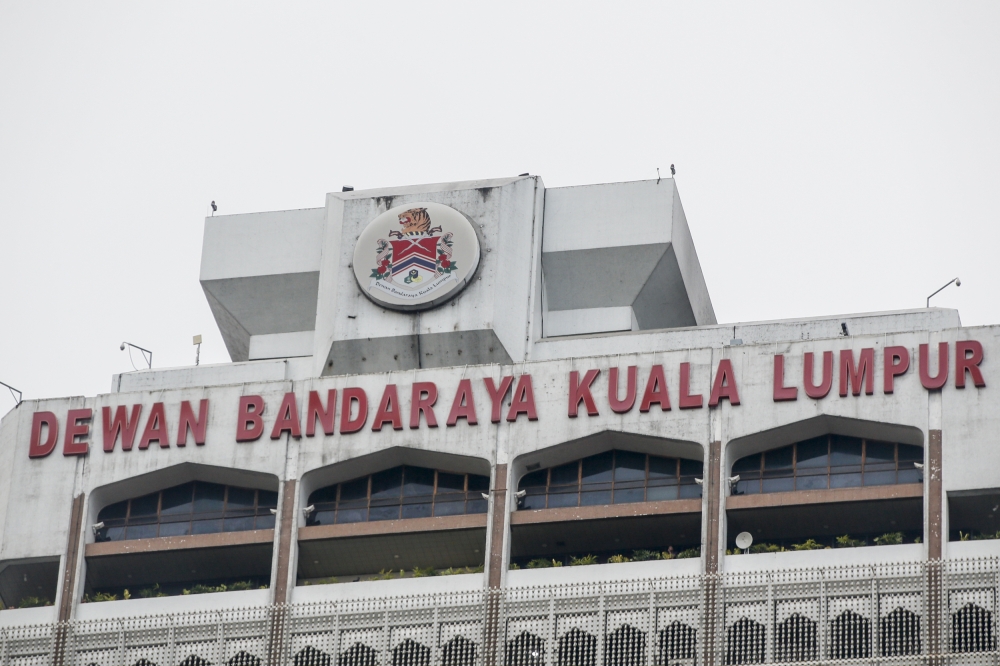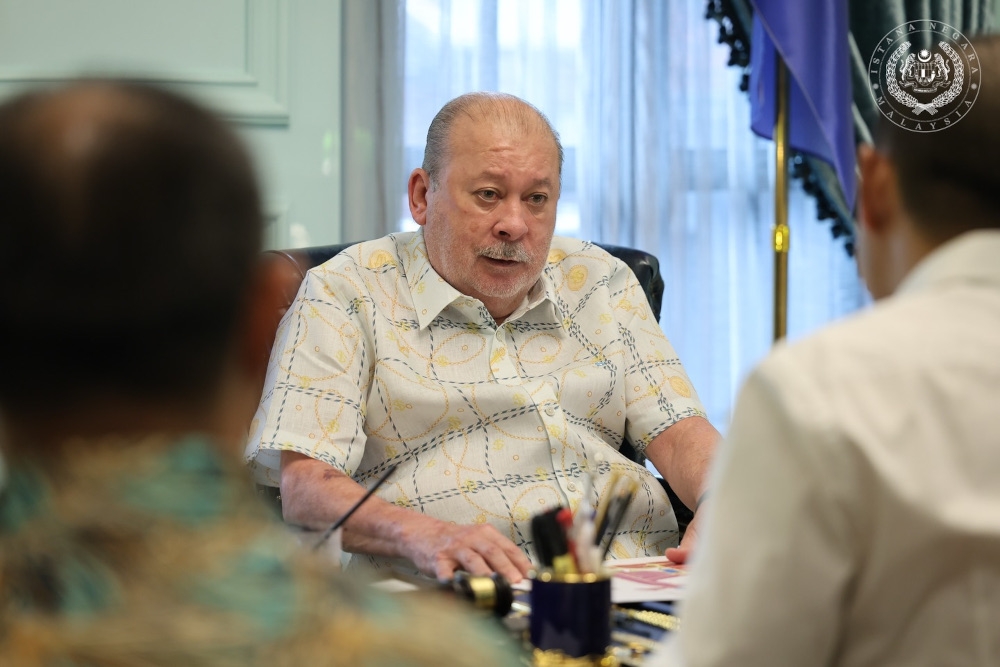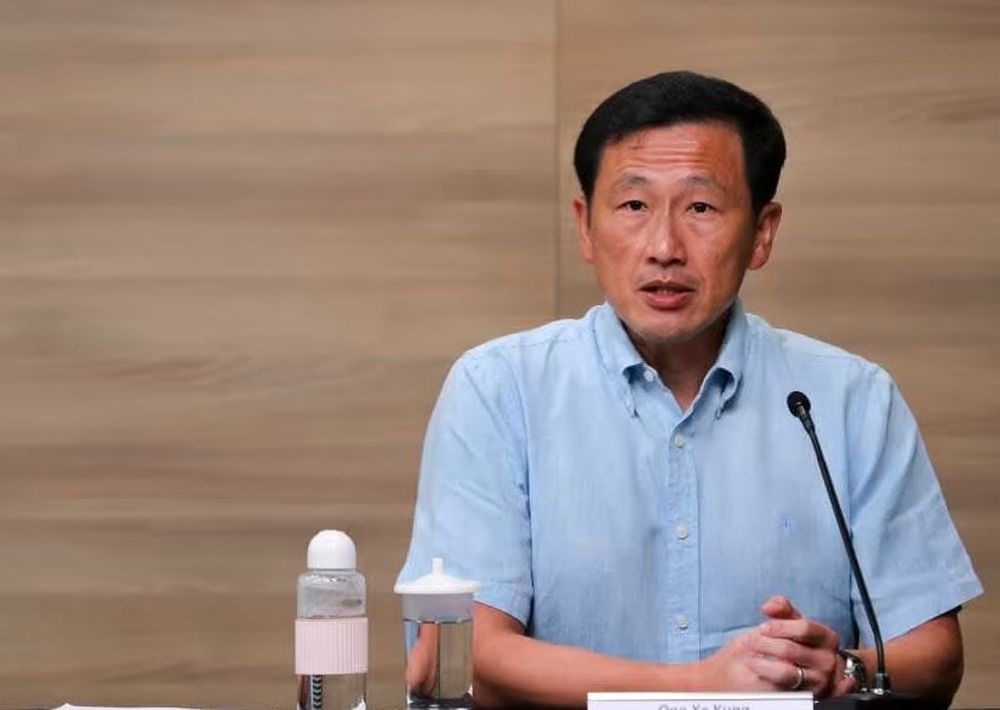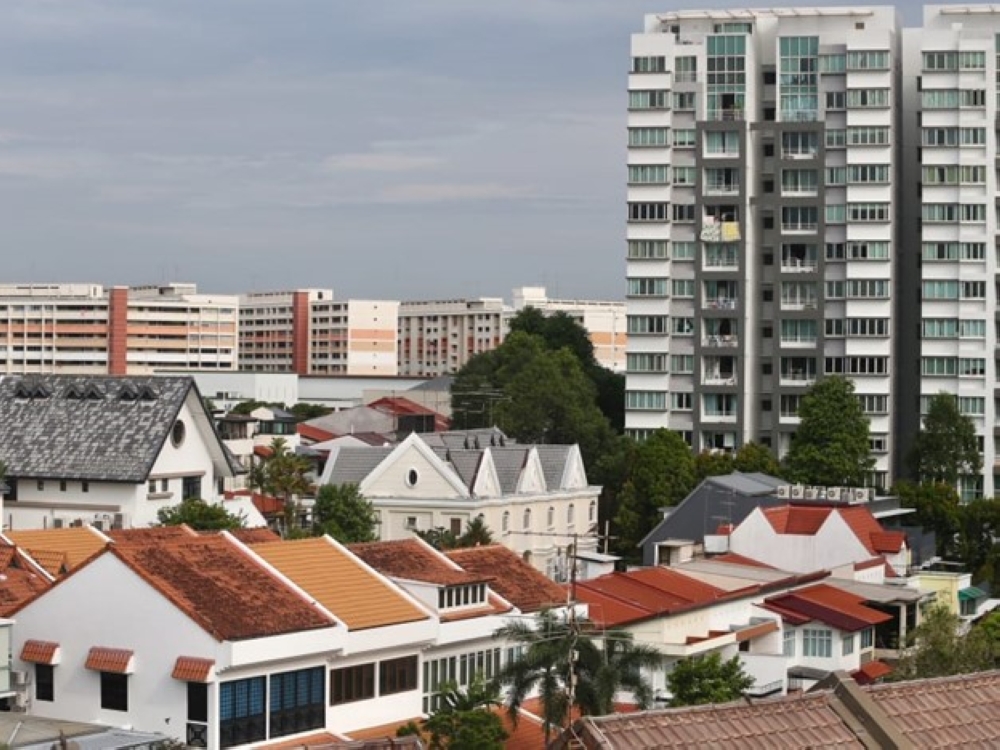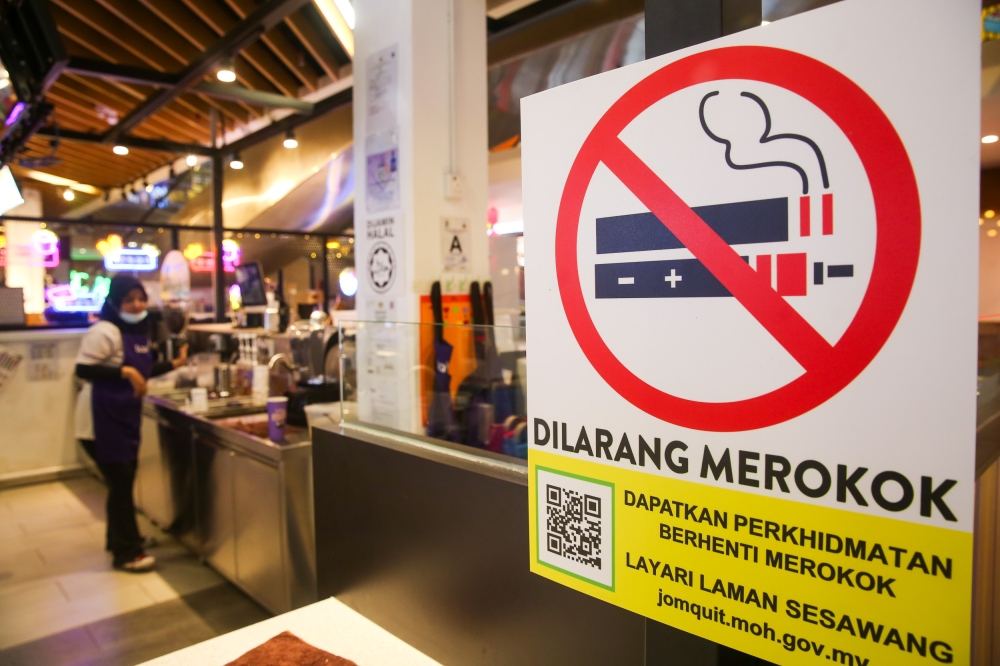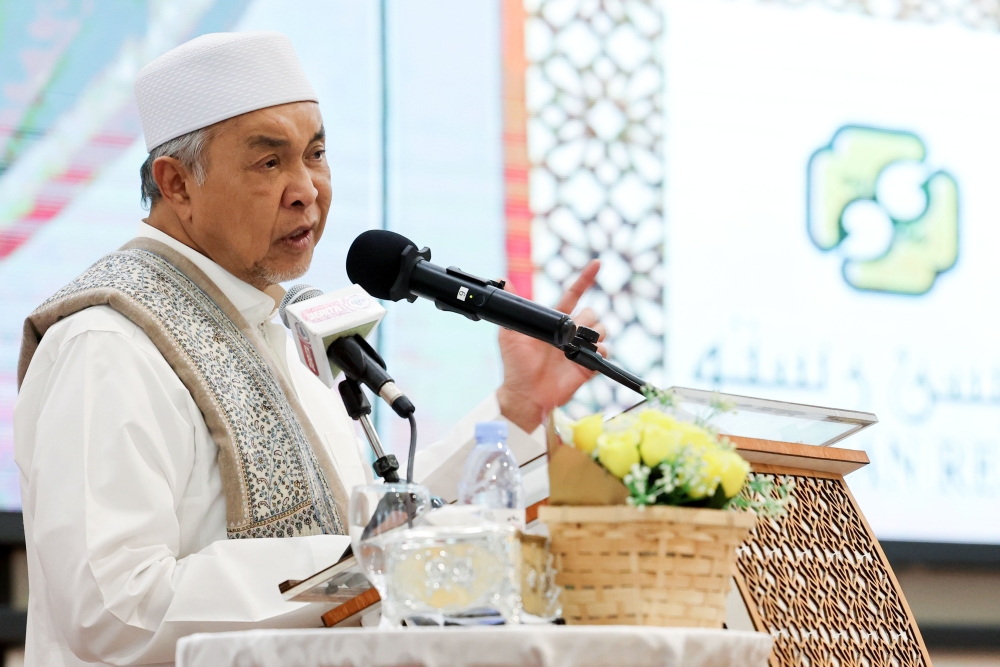SINGAPORE, Aug 9 — Some migrant worker rights groups and activists have raised concerns about rules that restrict workers’ movements in and out of dormitories, saying that they are too strict, give employers too much power and that it is unclear how long the rules will last.
They also asked why the rules were not added to the Covid-19 (Temporary Measures) Act, which was passed earlier this year to provide temporary regulations and deal with matters relating to the Covid-19 pandemic.
Zaqy Mohamad, Senior Minister of State for Manpower, sought to allay these concerns in a Facebook post on Monday, saying that employers cannot “unilaterally impose further restrictions on workers, beyond the prevailing guidelines issued by the authorities.”
He added that the rules that were introduced as amendments to the Employment of Foreign Manpower Act will gradually ease as the rate of coronavirus infections in the community and the dormitories stabilises. The rules took effect on June 2.
Zaqy noted then that most of the dormitories had been cleared of Covid-19, and that the rules would be reviewed over time and then amended or removed if no longer relevant.
“The majority of workers understand that these measures are to help reduce infection and prevent disruption to their resumption of work and activities,” he said.
Among other things, the regulations stipulate that an employer must not allow a migrant worker who is a resident of an unregulated dormitory or a licensed dormitory to leave the dormitory without permission, unless he is seeking medical attention or is required to leave the premises by the authorities.
In response to TODAY’s queries, the Ministry of Manpower (MOM) said that the rules have been included in the Employment of Foreign Manpower Regulations as it is the “main legislation regulating foreign employees and their employers.”
“This has been the case since the start of Covid-19,” it added. “For example, additional work permit conditions were imposed on employers to provide food to workers living in dormitories that were isolated.”
Rules too 'restrictive'
While they appreciated the clarifications made by Zaqy in his Facebook post, migrant worker rights groups said that these new rules still stipulate that workers living in the dormitories would have to seek permission to leave the premises for any reason.
They noted that Zaqy had said as much in his post, where he wrote that “employers must ensure that their workers only leave the dormitory for work, if they are approved to work, or to seek emergency medical treatment or where required by the authorities to evacuate the dormitory.”
A spokesperson for Humanitarian Organisation for Migration Economics (Home) said: “This means workers cannot leave for any other reason without specific permission.
“Our concern is that these ‘prevailing guidelines issued by the authorities’ themselves do not adequately consider the needs and rights of the workers as human beings.”
Agreeing, Alex Au, vice-president for another rights’ group, TWC2, said that while the clarifications from Zaqy are needed, what he wrote does not supersede what has already been introduced into law.
“No amount of Facebook posts is going to change the fact that the law is written in a very restrictive way… a judge in court is not going to refer to (the Facebook post) if there is a challenge,” he said.
Rules are not time-limited
While Zaqy clarified in his post that MOM will gradually ease the measures as the Covid-19 pandemic stabilises and remains under control, Au noted that there was no mention of a specified time on when this can be expected.
He added that the lack of a timeframe will take a mental toll on the migrant workers, who have been stuck in the dormitories for months.
“We are not talking about (the workers) just staying at home, we’re talking about them being locked in their rooms 22 hours a day, every day for the last four months,” Au said.
Anthea Ong, a former Nominated Member of Parliament, told TODAY that Zaqy’s statement does not address the situation of migrant workers' mental health deteriorating due to their extended confinement in the dormitories.
“Of course, the ideal situation is to let the workers who have tested negative resume work and be able to leave the dorms to head to the park or run their personal errands like how the rest of Singapore has.
“But, if for public health reasons we are not ready, we must at least be clear, consistent and compassionate with our communications to our workers on what to expect.”
Mental health support
On the topic of mental health, MOM said that it has been working with non-government organisations such as the Migrant Workers’ Centre and HealthServe to ensure that workers continue to have access to mental health support and assistance.
It has partnered with NGOs to run activities. For example, HealthServe conducts activities such as exercise sessions three times a week for workers staying on cruise ships.
The ministry also makes sure that workers are kept up to date on Covid-19-related efforts through daily messages.
Materials on mental health and wellbeing have also been produced in the workers’ languages.
“These materials encourage workers to identify symptoms of distress, look out for one another, be a buddy to a friend and know where to seek help.”
The ministry has also scheduled time for the workers to leave their room and access common areas to reduce the effect of isolation.
“Moving forward, when community and dormitory cases have been sustained at low levels for a period of time, we are planning for migrant workers to be able to leave their dormitories for the recreational centres in a measured and safe manner,” MOM said. — TODAY

